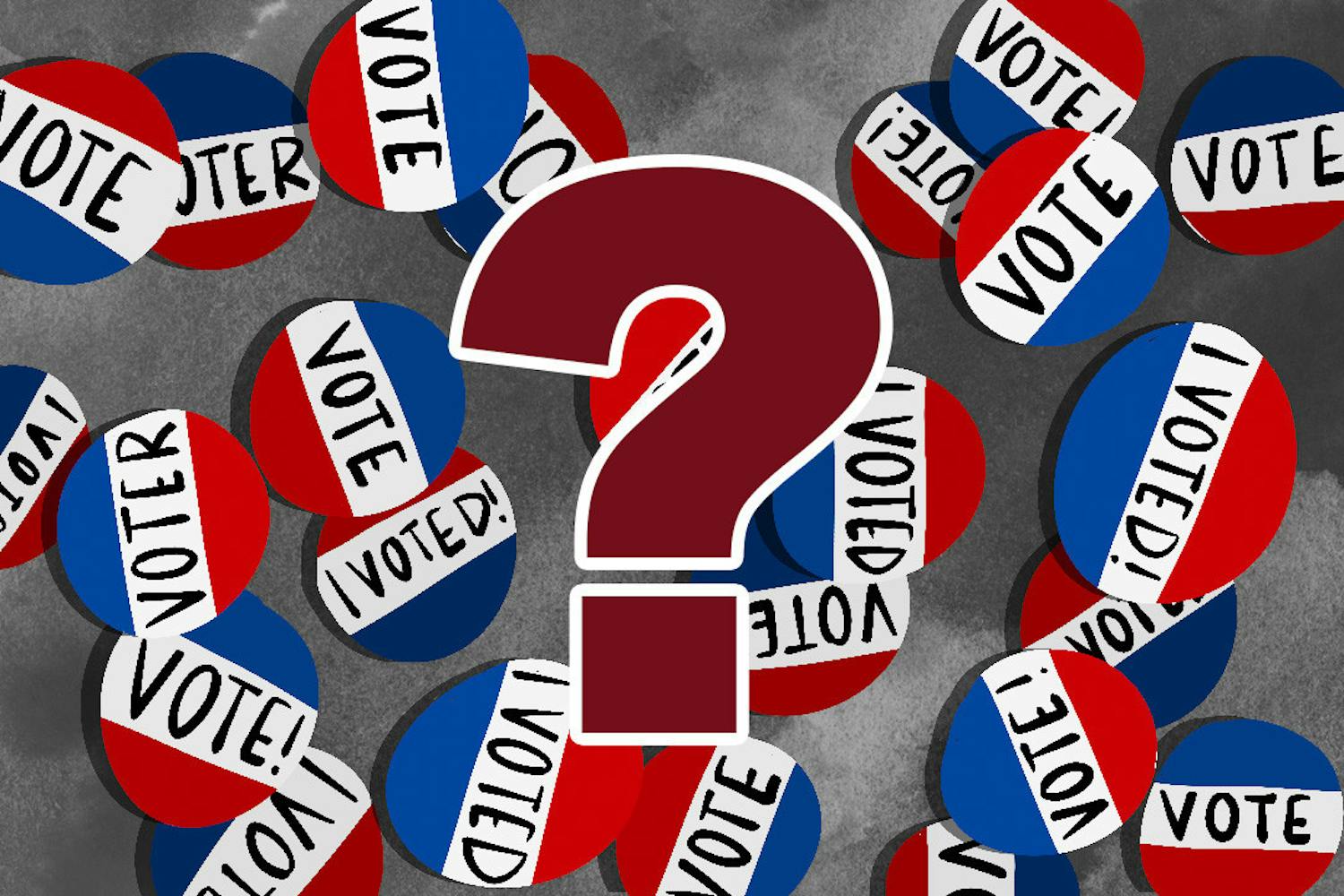A private institution that makes judgments based on people's opinions might be in the wrong, but they are also well within their rights.
The Baseball Hall of Fame President Dale Petrosky announced late last week that the Hall would cancel a celebration it had planned for the 15th anniversary of the film "Bull Durham" because Tim Robbins and Susan Sarandon, co-stars in the film and spouses in real life, are protesting the war in Iraq.
Robbins and Sarandon might disagree, but because the Hall of Fame is a non-profit, private institution, they have every right to make such a decision, just like a disc jockey in Boston has the right not to play music by a band whose views differ from his own.
For a tiny little farm-town in northern New York with a population of around seven, Cooperstown - home of the Hall of Fame - gets more than its share of attention because it is the (supposed) birthplace of baseball.
Pete Rose, Major League Baseball's all-time leader in hits, makes an annual trip to Cooperstown to sign autographs and protest his lifetime ban from the game, incurred by gambling when he was a manager.
But the league - and by association, the Hall - has evidence (including an agreement signed by Rose) to prove that he indeed gambled, so there is really no gray area.
In the case of Robbins and Sarandon, however, it was clearly an unpopular judgment call by Petrosky, one that is strikingly similar to a situation that drew considerably less attention in Boston about a month ago.
The rock station WAAF, specifically morning disc jockey Greg Hill, stopped playing music by the band Mudvayne for one week after members of the band said "f--- Bush" and referred to the President as a terrorist.
The ban led to a phone debate - which is available for download on the station's Web site - between Hill and Mudvayne's drummer, Matt McDonough, which included the exchange:
"From my opinion, I don't wish to play music from people who say f--- the President," Hill said.
McDonough retorted, "What I think is ultimately wrong - and what I am saying is un-American - is trying to deny me my ability to earn a living because you don't agree with my opinion. Taking us out of rotation on your radio program is restricting our ability to communicate and it's restricting our freedom of speech."
The problem with McDonough's argument is that free speech protects us from the government restricting our liberty based on our opinions. The members of Mudvayne were invited guests at the WAAF concert, but in Hill's opinion, they weren't acting like invited guests.
Hill conducted a poll of listeners on the station's Web site before choosing to cease playing the Mudvayne single "Not Falling." More than 3,000 people voted: 61 percent supported Hill's ban.
The decision was then made to ban the group's music for one week, though the rest of the DJs at WAAF continued to play the song. In fact, according to The Boston Globe, the station didn't change the total amount of times the song was played, which means other DJs actually played the song MORE than usual.
McDonough, his band mates, Sarandon and Robbins have every right to disagree with decisions made by Hill and Petrosky, but Hill and Petrosky are also well within their rights to make the decisions they made.
If anything, those who were banned have had more attention brought to their opinions and, as the saying goes, all publicity is good publicity.
Greg Salvatore is a broadcast journalism senior. Reach him at gregory.salvatore@asu.edu.



